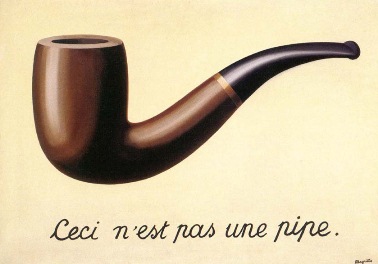Editor's note: Björn Hessert is a research assistant at the
University of Zurich and a lawyer admitted to the German bar.
The discussion revolving around the invalidity of
arbitration clauses in organised sport in favour of national and international
sports arbitral tribunals has been at the centre of the discussion in German courtrooms.[1] After the decisions of the
German Federal Tribunal[2] (“BGH”) and the European
Court of Human Rights[3] (“ECtHR”) in the infamous
Pechstein case, this discussion seemed to have finally come to an end. Well…not
according to the District Court (LG) of Frankfurt.[4] On 7 October 2020, the District
Court rendered a press release in which the court confirmed its jurisdiction
due to the invalidity of the arbitration clause contained in the contracts
between two beach volleyball players and the German Volleyball Federation[5] (“DVV”) – but one step at
a time. More...
My favourite speed skater (Full
disclosure: I have a thing for speed skaters bothering the ISU), Claudia
Pechstein, is back in the news! And not from the place I expected. While
all my attention was absorbed by the Bundesverfassungsgericht in Karlsruhe (BVerfG
or German Constitutional Court), I should have looked to the European Court of
Human Rights in Strasbourg (ECtHR). The Pechstein and Mutu joint cases were pending
for a long time (since 2010) and I did not anticipate
that the ECtHR would render its decision before the BVerfG. The decision released last
week (only available in French at this stage) looked at first like a renewed
vindication of the CAS (similar to the Bundesgerichtshof (BGH) ruling
in the Pechstein case), and is being presented
like that by the CAS, but after careful reading of the judgment I believe this is rather
a pyrrhic victory for the status quo
at the CAS. As I will show, this ruling puts to rest an important debate
surrounding CAS arbitration since 20 years: CAS arbitration is (at least in its
much-used appeal format in disciplinary cases) forced arbitration. Furthermore,
stemming from this important acknowledgment is the recognition that CAS proceedings
must comply with Article 6 § 1 of the European Convention of Human
Rights (ECHR), in particular hearings must in principle be held in public and
decisions freely available to all. Finally, I will criticise the Court’s
finding that CAS complies with the requirements of independence and
impartiality imposed by Article 6 § 1 ECHR. I will not rehash the well-known facts of both cases, in order to
focus on the core findings of the decision. More...

The decision of the
Bundesgerichtshof (BGH), the Highest Civil Court in Germany, in the Pechstein case was eagerly awaited. At
the hearing in March, the Court decided it would pronounce itself on 7 June,
and so it did. Let’s cut things short: it is a striking victory for the Court
of Arbitration for Sport (CAS) and a bitter (provisory?) ending for Claudia
Pechstein. The BGH’s press
release is abundantly clear that the German judges endorsed the CAS
uncritically on the two main legal questions: validity of forced CAS
arbitration and the independence of the CAS. The CAS and ISU are surely right
to rejoice and celebrate the ruling in their respective press releases that
quickly ensued (here
and here).
At first glance, this ruling will be comforting the CAS’ jurisdiction for years
to come. Claudia Pechstein’s dire financial fate - she faces up to 300 000€ in
legal fees – will serve as a powerful repellent for any athlete willing to
challenge the CAS.More...